Even starting to type this post initially weighs upon me in my pre-coffee haze.* Really? Has it come to this? Thinking about beer writing again? I suppose I am somewhat insulated from the quandary by being well past it. Few people consider the comfy role of the post-popular writer. Sure, it is as much a self-imposed circumstance as one caused by market forces but I am decidedly not as interested or interesting as I once thought. Yet… does this not also free me up? I mean, I actually like to think about ethics, having written codes of conduct and advised regularly on how to keep on the right side of many lines. Actually, you know, working with the stuff. Still, I’ve liked to keep away of such things around here… at least since around 2008. Haven’t I? But, then, Jessica and Ray today sent out a newsletter this morning which contains this:
A couple of newsletters ago we wrote about disclosure, advertorials and so on, suggesting among other things that beer writers and bloggers ought to make a statement of ethics on their websites so that readers know where they stand. We’re pleased to say (though we take no credit for it) that a few such pieces have shown up since… You might not personally agree with the positions those writers or organisations take in each case but setting out a position is in itself an ethical act. Good stuff.
First ethical question. I am under the simmering impression that what happens in a newsletter is supposed to stay in a newsletter. While publicly shared with subscribers, it’s not pasted on the front page of a blog. But their newsletter isn’t like.. those other newsletters. It’s actually interesting. And anyway I take comfort in Canadian law that lets me post the content of others for matter of review and, especially, given I am citing and quoting for purposes of exploring an idea I am also comfortable that I could not be giving offense. But I did not ask permission. Out of a principle founded on the marketplace of ideas.
Which is an interesting turn of phrase. The marketplace of ideas. There has always been a sort of an Edwardian Olympics aspect to writing about beer – particularly since the advent of blogging over a decade ago. It has gurgled beneath this topic without the manhole covers ever being lifted. Because good beer is an accessible joy juice topic it invites amateur hobby writing interest. Because it is pleasant and compelling it drives the dreams of frustrated careerists. And because beer generates great gobs of money, it’s as ripe for allegation that the left pocket has been as directly sewn up next to the right pocket as any topic this side of knitting blogs – those hellholes of graft and corruption. Which is the core of the second ethical challenge: great opportunity lays all about us. And – given great names in beer writing have accepted exclusive sponsorship and content creation contacts from large breweries – not a hypothetical.
So, they often write disclosure statements as Ray and J’ rightly encourage. Great. If you had subscribed to the B+B newsletter you’d even know which great examples of these statements they linked to. I pass on spilling the beans on that. Not because they are not good examples but because they are just the start of your job as reader. What is great about these disclosures is they are big red flags with the words “Start a’Judging NOW!!!” pasted upon them. See, once you know who took the Carlsberg money or the flight to an personal attendance with Jim Koch then you know why the articles that follow are so often plump, dull and somewhat smarmy. Honestly, nothing is as bad as the post-disclosure post. As enthused as the plagiarist who lifted his text from Peter just back from Damascus. Laced with horrible conceits like “the colors in the morning were orange and magenta like a sherbet” – all combined with an earnest hope that somehow transparency creates nobility. It doesn’t really, does it. Just a bit more honesty. Like that honest dot of marmalade on the tie of the man who was just at the hotel’s breakfast buffet. The mark is upon it.
Me? I think of reading this sort of writing like I think of drinking a brewer’s beer. I don’t need to know the samey opinions and self-reverences of the brewery owner. Some see it as wizardry to cut and paste what’s offered but the fact is their either beer sucks or it doesn’t. It speaks for itself. Same with writing. I’ve seen economic development webinars which include Asheville consulto panelists so, having heard them, I now assume every story pitch on that town’s beer scene comes with a flight and a hotel booking. Similarly, once these disclosures are made – once the ever thin argument that “journalism has changed” is trotted out – from there on out the presumption that each post offers invention gets replaced with the expectation that somewhere a PR strategist munching on his morning’s toast is pleased. Another job well done.
Remember: there is nothing wrong with this. These days dabbling in boosterism for one sort of benefit or another is pretty much within the range called norm. Until this era too has passed** I say “Viva the Freelance PR Apprentice!” Welcome to the marketplace of ideas. Somebody has to do it, its a reasonable step to something else and not everyone can actually be original. Has my understanding of good beer ever been increased by a post-junket essay? Can’t think of when or how. But thanks to the disclosure statement I can place my expectations in the appropriate context as I start my reading. And it is all about me – we the readers get to judge, not the writer. Gotta be careful. Think of this, too. Will the opposite lift its head one day soon, a bit of benefit flowing to slag a competitor? Does it happen now? Bet the knitting bloggers do it.*** Now, that would be interesting. And to much the same effect. Just directed messaging.
*I picked this up, half written up after work. Edited it for niceness.
**Please let it pass so that the promised silver age of beer writing may begin.
***Knitting bastards.


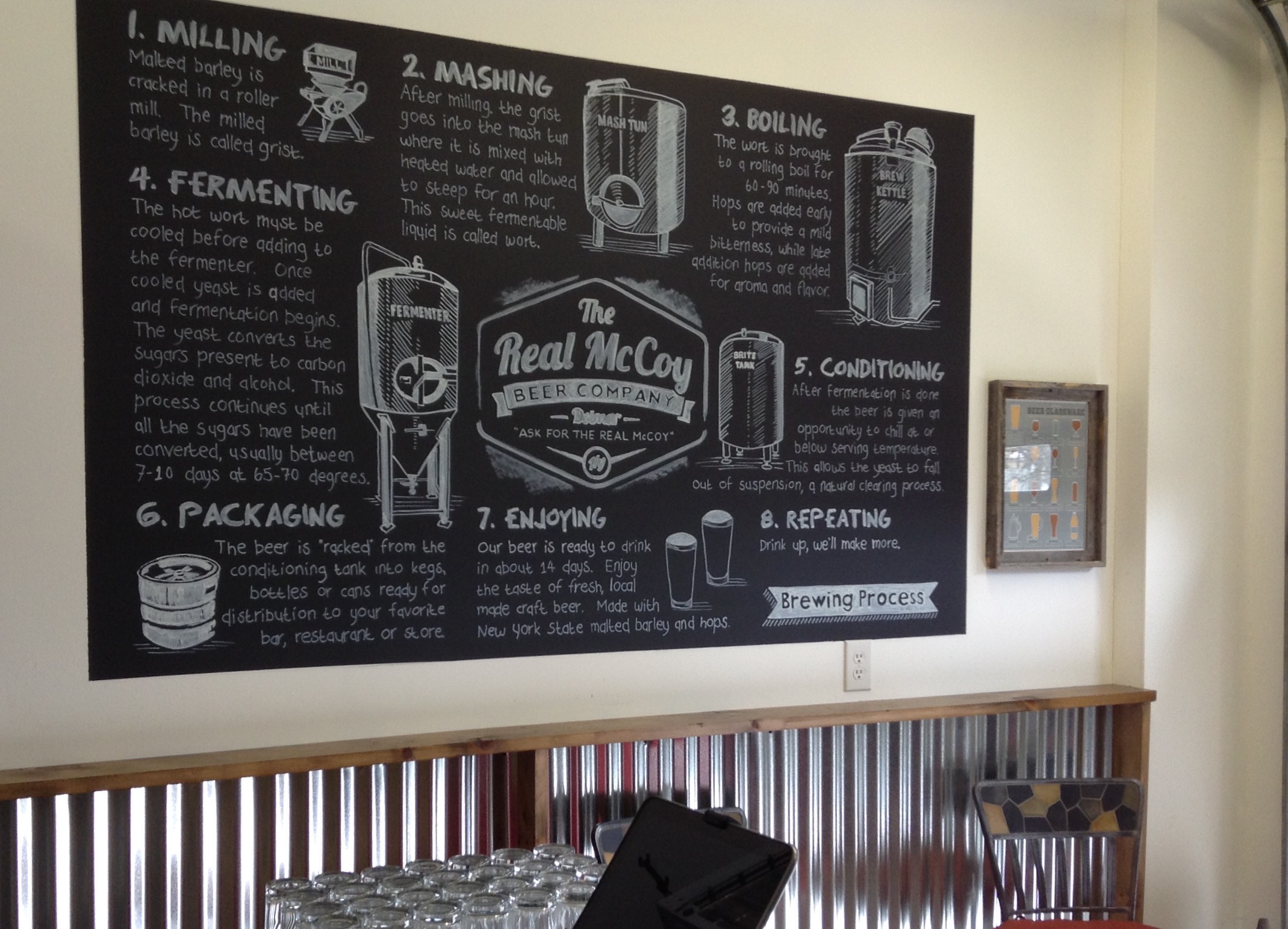
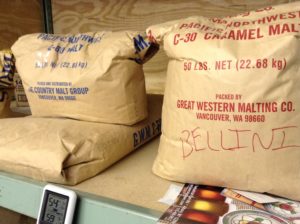 Everywhere we go Canadian malt is the backbone of NY craft brewing. Good to see. It’s good to be helpful. Definitely some sort of brown ale revival going on. And local ciders everywhere. 2014’s fruit salad obsession may just be history. Wouldn’t that be nice. Yesterday, Gerry L. was with us for a couple of hours and was corroborating and filling in gaps in 1700s NYC. And backdating schenck and lager. Was it just a new word layered on existing practice before the Panic of 1837? Maybe.
Everywhere we go Canadian malt is the backbone of NY craft brewing. Good to see. It’s good to be helpful. Definitely some sort of brown ale revival going on. And local ciders everywhere. 2014’s fruit salad obsession may just be history. Wouldn’t that be nice. Yesterday, Gerry L. was with us for a couple of hours and was corroborating and filling in gaps in 1700s NYC. And backdating schenck and lager. Was it just a new word layered on existing practice before the Panic of 1837? Maybe.
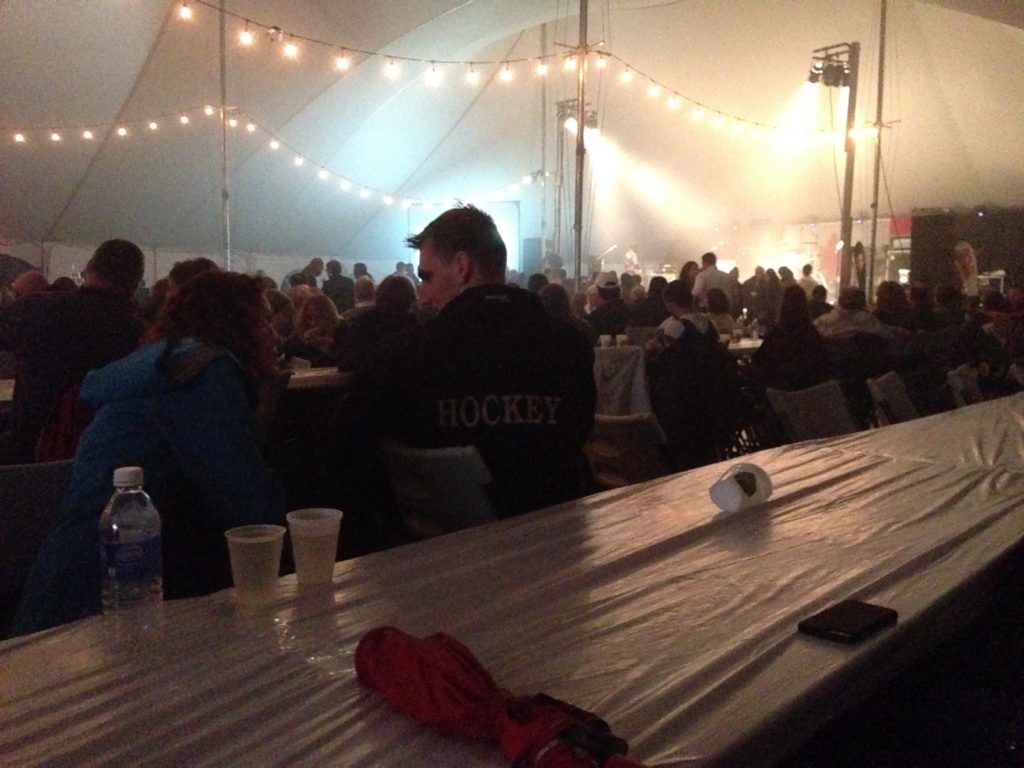
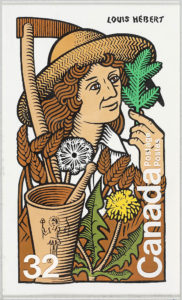
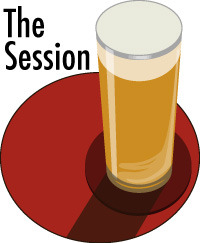 It’s that time again. The monthly edition of
It’s that time again. The monthly edition of